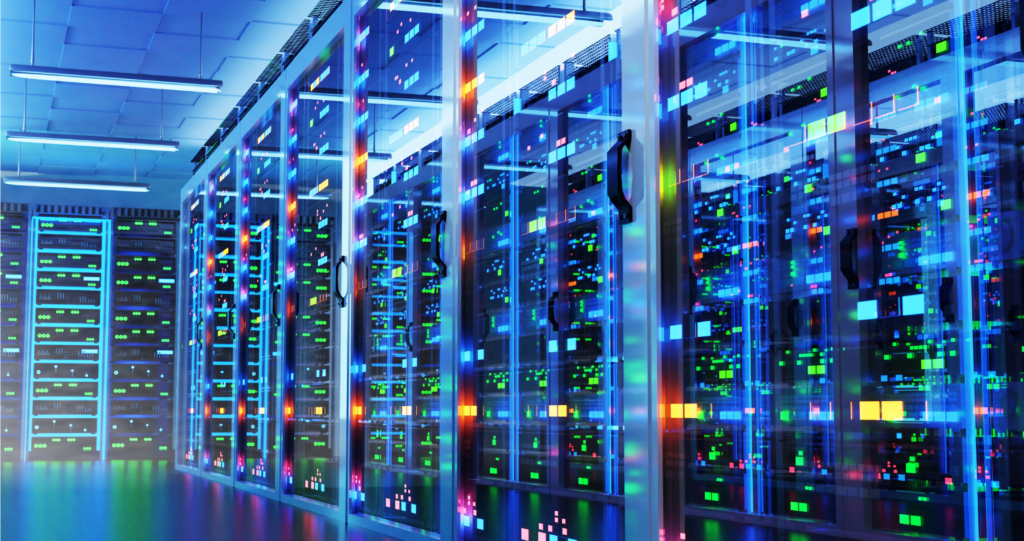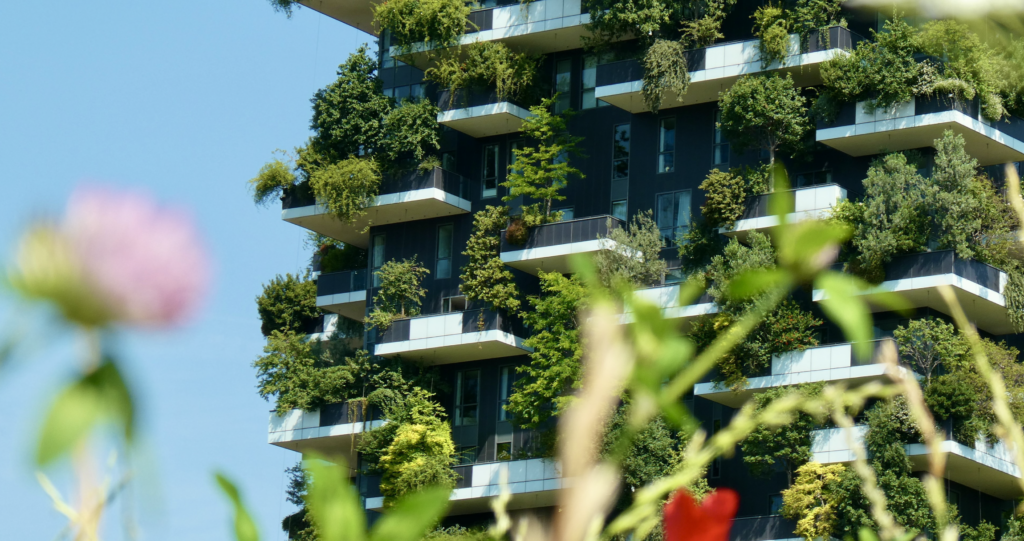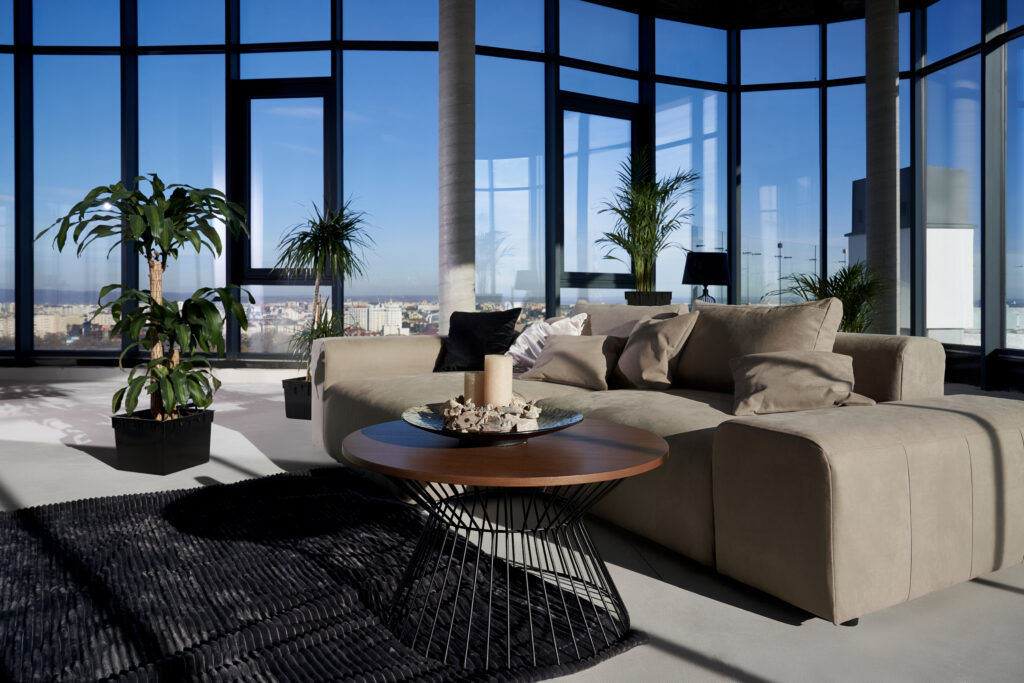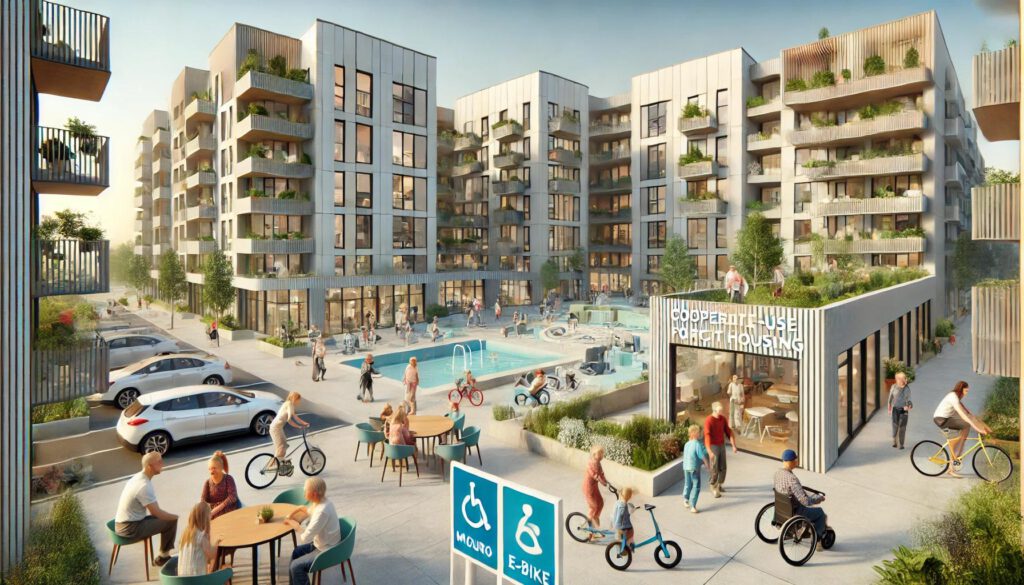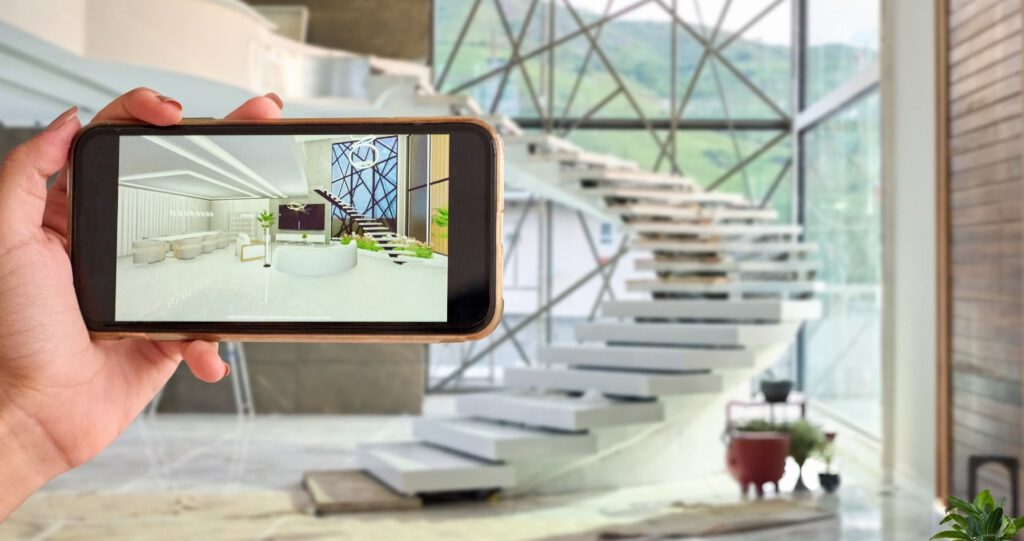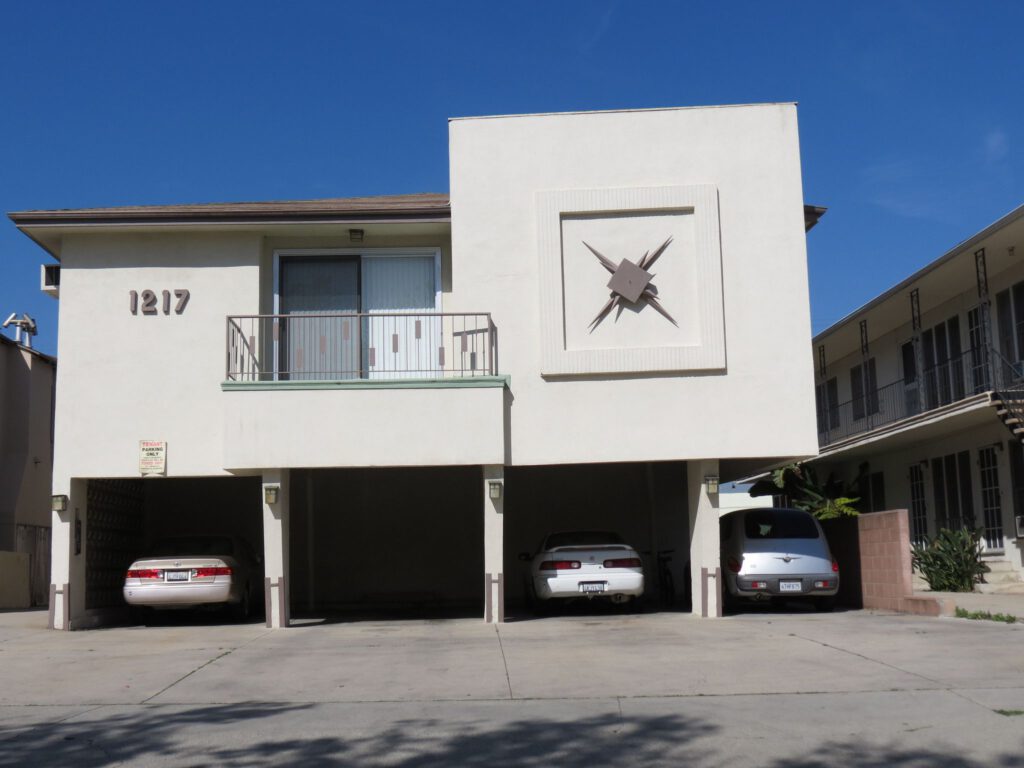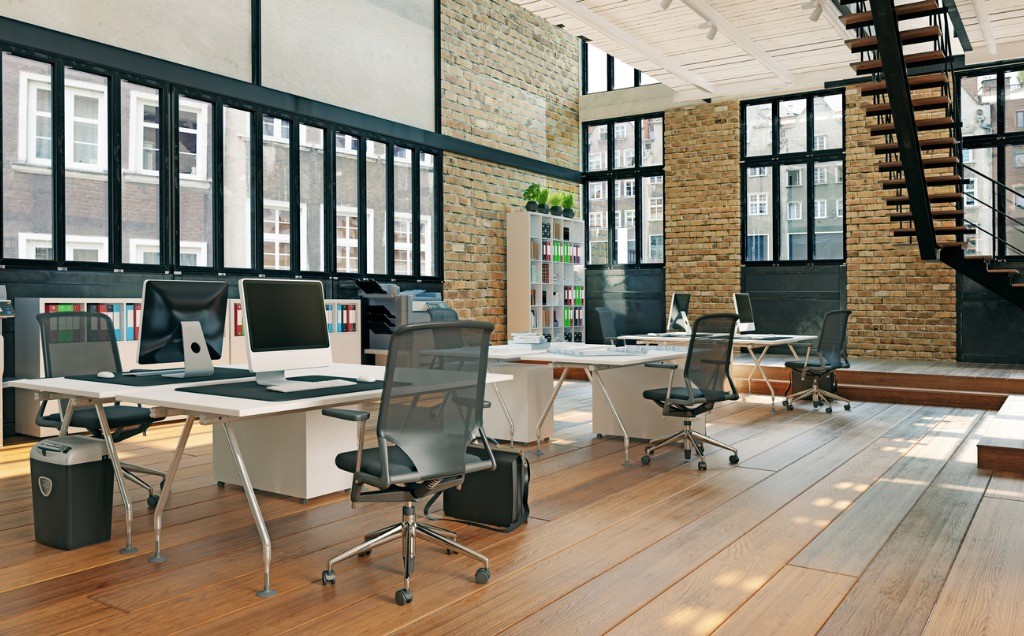Names of buildings are popular. They range from house numbers to hip creations like “Kiez und Gloria”. They promote marketing and the users’ identification with the building. But not every name is a good match with every building. Sometimes, those responsible have a hard time finding a suitable name at all. In today’s Valdivia Expert Tip, we give you a helping hand and an overview of how buildings are being named today – with some practical suggestions on how to find an appropriate and marketable term for your next property.
The Name as a Marketing Tool
Names have something magical about them. They create personality, character and a place in our memory. This is just as true of buildings as it is of people. For this reason, building names that only consist of a combination of characters are not advisable. “K37” — for the address Kleindorfer Straße 37 — will never create the sane effect as “Lindenhof”.
This is not only due to the sound and the figurativeness. A well-chosen name is more than the word that can be read at the main entrance and in the exposé. It can shape – and facilitate – all communication, right down to the choice of font and colours. Such a name is also a good starting point for substantial story-telling, e.g. on the history of the location, and can even inspire design elements in architecture and interior design. Especially in larger cities, it has become an important means of differentiation – and thus a pricing argument.
Finding Names That Work
An important factor in the search for a name is, of course, the type of use: for example, office and other commercial buildings have — among other purpose — a representative purposes. The name should take this into account. For example, syllables and word stems of Latin or ancient Greek origins, such as “Triagon”, are well-suited. English elements can also fit, especially for properties in city centres with an international target audience. In a second step, however, you should check your favourites carefully — not only in terms of trademark law:
- -Is the meaning the intended meaning? A “Triagon”, for example, should show a triangular floor plan or at least stand on a triangular property.
- Please do not be too ostentatious! A “campus” brings to mind a group of buildings like at a university, not a smaller individual building.
- Above all, you should check artificial names with regard to their pronounceability and effect in common foreign languages. A tongue twister is just as unsuitable as a name that sounds like a swear word in French, Spanish, or Turkish.
Strong Ideas Inspired by the Location
Often, and especially in the case of residential buildings, the site history is a good source of inspiration. Even without concrete reference, names like “Lindenhof” or “Riedbachkarrée” provide a friendly marketing basis. However, this approach has a much stronger effect if you derive a real reference from old land register entries or cadastral documents. History offers even more possibilities: Maybe, for instance, regionally known artist or scientist used to live in or made visits to the neighbourhood? If the naming rights have expired or can be clarified, a naming in the form of Dürer-Schanze or Hildegard-Park pays tribute to the person and will thus also be a topic for municipal PR.
In any case, the same applies to property names as to everything else in marketing: above all, they should be unique, short and easy to pronounce — and they should fit the property and the target group. You might get some initial ideas from www.name-generator.org.uk/house — in English and perhaps not meant entirely seriously. When in doubt, you can also contact communication agencies or consultants who have experience in finding suitable names.







